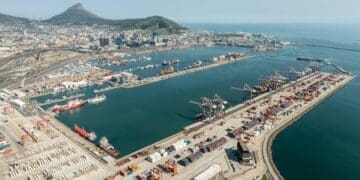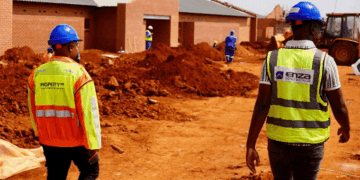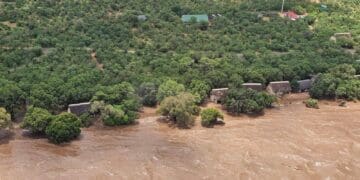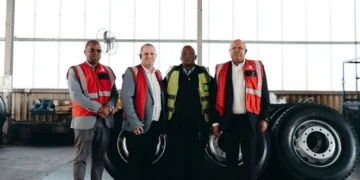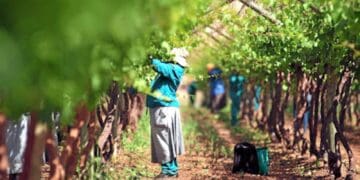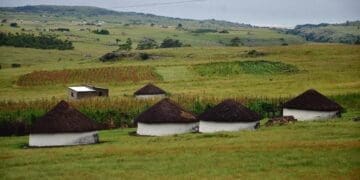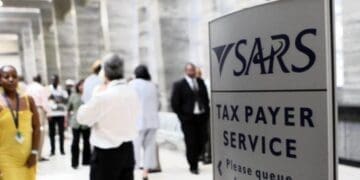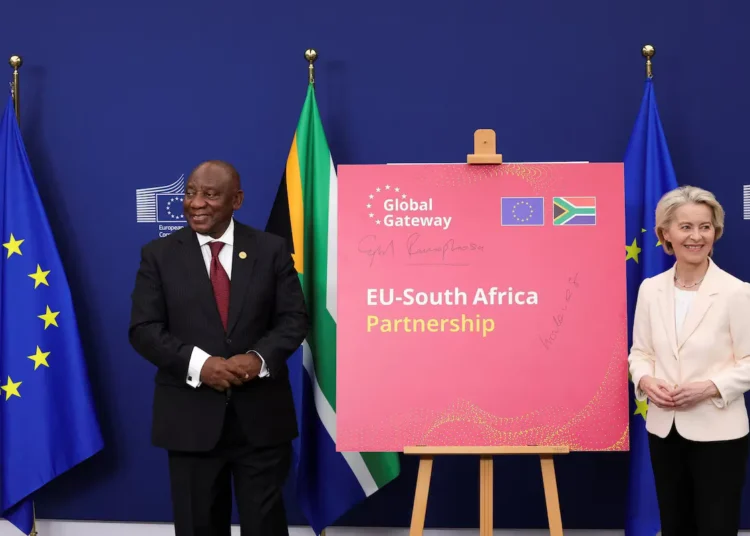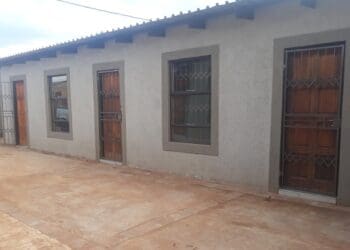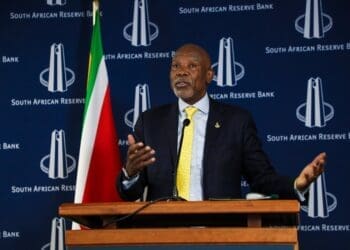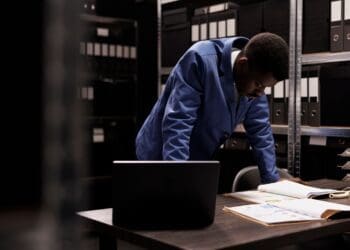As South Africa prepares to implement a €11.5-billion investment package with the European Union, local renewable-energy startups and clean-technology SMEs are asking whether they will gain access to the opportunities or once again be sidelined. The partnership, announced earlier this year, focuses on green hydrogen, battery storage and sustainable manufacturing, and is being promoted as part of South Africa’s industrial and climate-change agenda.
Entrepreneurs say they have yet to see how the funding will be deployed and how they might qualify.
“We hear about billions being committed to green projects, but no one is telling us where township businesses fit in,” says Thabo Mohlala, the founder of Twala Energy Solutions, a solar-installation company based in Soweto.
Mohlala points out that although his firm has delivered systems to schools and clinics, requests for tenders under the new investment announcement have yet to appear.
From the DTIC side, officials describe a cautious but constructive path. The department says in a statement it “supports South Africa’s green-industrial objective and mobilises private-sector investment in critical sectors such as hydrogen, batteries and renewable-energy manufacturing.”
The wording emphasises South Africa’s intention to use strategic green investment to build domestic capacity and local supply chains.
Yet small businesses say that strategic intent must become concrete action. Nomusa Dlamini, who runs a waste-to-energy micro-enterprise in KwaMashu, says many of her peers cannot meet the application requirements set by large international investors.
She explains that “most township entrepreneurs do not have the resources to apply for EU-tenders or meet the compliance standards required by international financiers. Without dedicated SME support, we are out before we even start.”
Industry observers add that the risk lies in allowing global investment to flow into the country without enabling smaller local firms to benefit. Energy analyst Lungile Sebola explains that while major capital inflows may bolster large infrastructure projects, the real test will be how many local SMEs participate. She notes that the green transition could reinforce existing inequalities if localisation and small-business integration are not enforced from the outset.
The EU delegation in Pretoria, meanwhile, has indicated that implementation frameworks are being finalised and that part of the funding will be channelled into capacity-building for SMEs. This signals an opening, although the final structure, procurement rules and eligibility criteria remain unpublished.
“We’ve already proven that small businesses can deliver clean-energy solutions that work,” says Mohlala.
lazola@vutivibusiness.co.za




